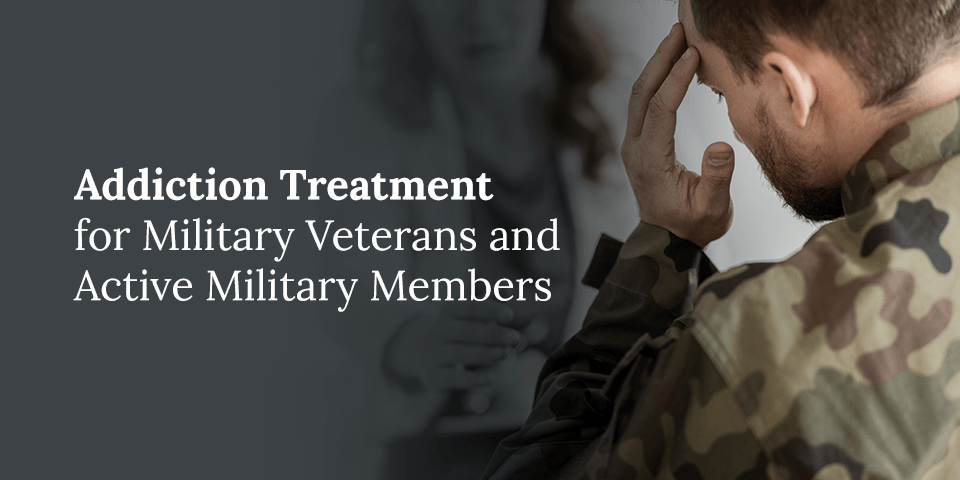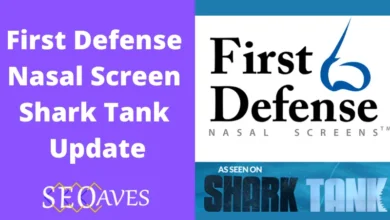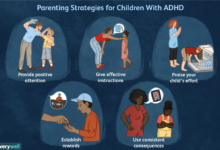Veterans, like individuals from different backgrounds, experience the issue of addiction. Their military service exposes them to challenges in seeking addiction treatment. This article delves into the treatment options tailored for veterans, emphasizing the importance of addressing their needs.
The Significance of Tailored Treatment for Veterans
Veterans often encounter events during their service, leading to the development of addiction. These traumas necessitate specialized care in identifying and managing substance use disorders appropriately, recognizing these specialized programs have been designed to cater to veterans.
Comprehensive Approaches
A crucial aspect of addiction treatment for veterans involves employing strategies and evidence-based therapies. Instead of treating surface symptoms, these programs delve into the root causes behind trauma-related issues unique to veterans.
Trauma-Informed Support
Trauma-informed care serves as a principle in guiding addiction treatment for veterans. Many specialized programs provide therapies geared toward addressing trauma, such as eye movement desensitization reprocessing (EMDR), cognitive behavioral therapy (CBT), and dialectical behavior therapy (DBT). These therapies are beneficial in addressing the challenges veterans face during their service and in developing coping strategies.
Dealing with Additional Health Issues
Veterans frequently encounter health conditions alongside their substance misuse problems, such as post-traumatic stress disorder (PTSD) and depression. Clinicians in treatment programs are trained to tackle these disorders through integrated approaches that offer comprehensive support.
Support from Peers
Peer support plays a crucial role in helping veterans recover from addiction. Listening to stories from individuals who have gone through similar experiences fosters trust, camaraderie, and shared understanding that aids healing. Many specialized treatment programs emphasize peer support by organizing group therapy sessions led by veterans who have successfully recovered.
Continuing Care
Recovery doesn’t stop once a veteran completes an addiction treatment program. Providing care for veterans after they finish formalized programs is essential for treatment. This continued care often involves therapy sessions, participation in support groups, strategies to prevent relapse and access to health services.
Specialized Support Services
Veterans seeking help for addiction should have access to programs tailored to meet their requirements. The Department of Veterans Affairs (VA) offers a range of addiction treatment options designed specifically for veterans, including residential programs and outpatient services. These initiatives tackle both the emotional aspects of addiction, offering assistance from experts knowledgeable in issues specific to veterans.
Exploring New Paths to Recovery
In recent times, unconventional approaches to addiction recovery have become more popular among veterans. These approaches include mindfulness practices like yoga and meditation equine therapy involving interactions with horses for healing and adventure therapies like activities that encourage growth and self-reflection.
Partnerships with Veteran Support Groups
The collaboration between addiction treatment facilities and veteran support organizations is crucial in delivering care to veterans in recovery. By working, these groups can ensure coordination of services, providing comprehensive support for substance use disorders specific to veterans.
Peer Support: A Vital Component of Healing
Overcoming addiction can be a challenging journey, especially for veterans. Peer support networks play a vital role in recovery by offering a space where veterans can share their stories, find empathy, and connect with others who have faced struggles.
Many tailored programs for veteran treatment incorporate group therapy sessions led by veterans who have successfully navigated the path to recovery. In these group sessions, a supportive atmosphere fosters camaraderie, allowing participants to openly share their challenges, gain insights from viewpoints, and acquire effective coping mechanisms.
Moreover, peer support extends beyond treatment programs. Veteran service organizations frequently host support groups where veterans can maintain connections with peers after finishing treatment. These ongoing networks provide backing, motivation, and accountability for staying sober while navigating the complexities of reintegrating into civilian life.
In Summary
Addressing addiction among veterans requires attention. Conventional addiction treatment models may not fully tackle the root causes and factors contributing to substance use disorders in this population. To meet this need, tailored programs have emerged focusing on approaches to trauma-informed care managing coexisting conditions, peer support systems, post-treatment care continuum, and alternative therapies. By offering resources through collaborations between facilities and military support groups like the VA, veterans have a better chance at attaining long-term recovery, and we show our appreciation for their service by ensuring they receive the assistance they deserve.




